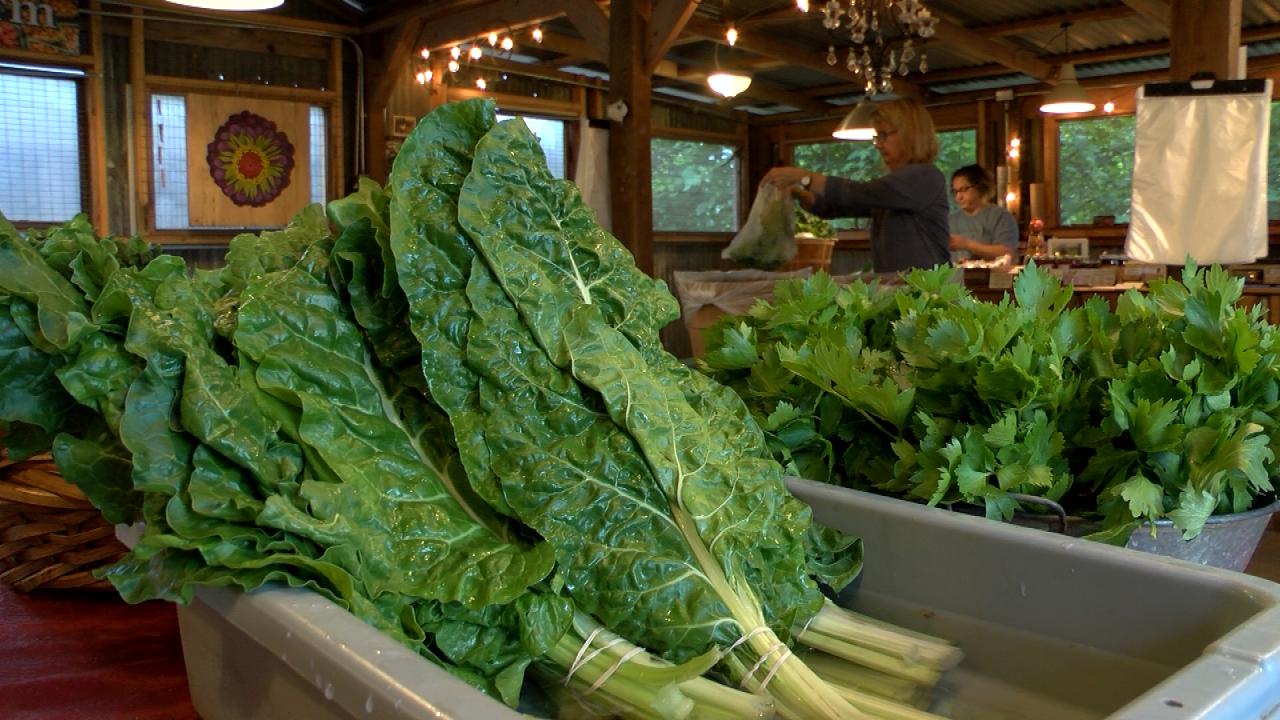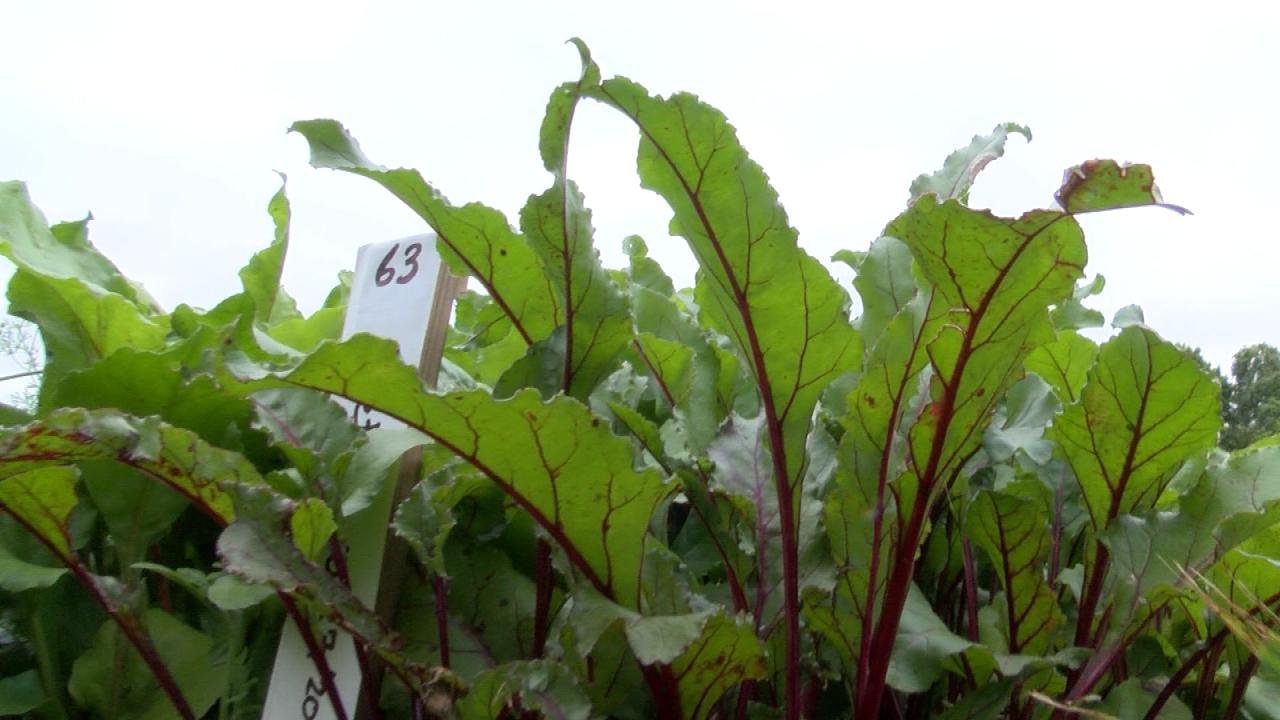Local fruit and vegetable growers will probably tell you their produce is better for your health, and that there are fewer safety risks. State agricultural leaders want to double-check those statements to ensure everything you eat is safe.
The Texas Department of Agriculture is deciding how to implement a new set of federal produce regulations. The TDA is hosting a series of community meetings in seven Texas cities to gather public input from farmers about those guidelines.
The Food Safety Modernization Act was created in 2011. A new piece of the law took effect in January, though the Food and Drug Administration is working with TDA on these enforcement policies, which will not begin until 2019.
“This is a new federal rule that we’ve never had before and it’s a reaction by the federal government to try to increase the quality of food safety for the consumer,” Texas Agriculture Commissioner Sid Miller said. “This will be the first time we will ever inspect the produce at the farm, so we’re going to gather input, let them have a say before we begin to write the rules.”
Miller said “the more local the better” when it comes to regulation of farmers, like him. The agency will oversee enforcement of the rules that are created in a collaboration between the public, the agency and the federal government. He said his department is “friends to the farmers,” and want to work with local growers to ensure the safety of the products they sell.
“We’re not there to be the farmer’s enemy,” Miller added. “We’re there to help them.”
Some growers are worried more regulation will stifle their ability to make a living. Judith McGeary, executive director of Farm to Ranch Freedom Alliance, wrote a letter to Miller in March outlining some concerns with state and federal involvement in local farming. Her group is made up of approximately 1,000 farmers statewide.
“Imposing expensive regulations on small farmers is counterproductive,” McGeary said this week. “What you’re doing is you’re hurting the very people who are providing not only the healthiest food, but the safest food for consumers.
“There’s a lot of ambiguity in these regulations, and how TDA implements them could make a difference between farmers staying in business and going out of business, and still protect food safety,” she added, explaining that the farmers in her organization want to make sure they comply, but are left with questions about specifics.
Miller said there will be exemptions, like smaller operators who sell less than $25,000 of produce each year, or those who “simply sell all your product through your roadside stand or farmer’s market.”
“But, if you have a basically what we call a wholesale growing operation where you’re growing fresh fruits and vegetables that serve fresh and raw, not processed, then the federal government feels like you need to be surveyed to make sure the consumer is being protected,” Miller explained.
TDA expects the guidelines to go through a few different drafts, and according to a staffer, the rule will be finalized in December to be ready for enforcement the following month. This gives the agencies involved a chance to iron out the regulations, and to give farmers an opportunity to comply.
For a list of the seven stops of TDA’s community meetings, click here.






























